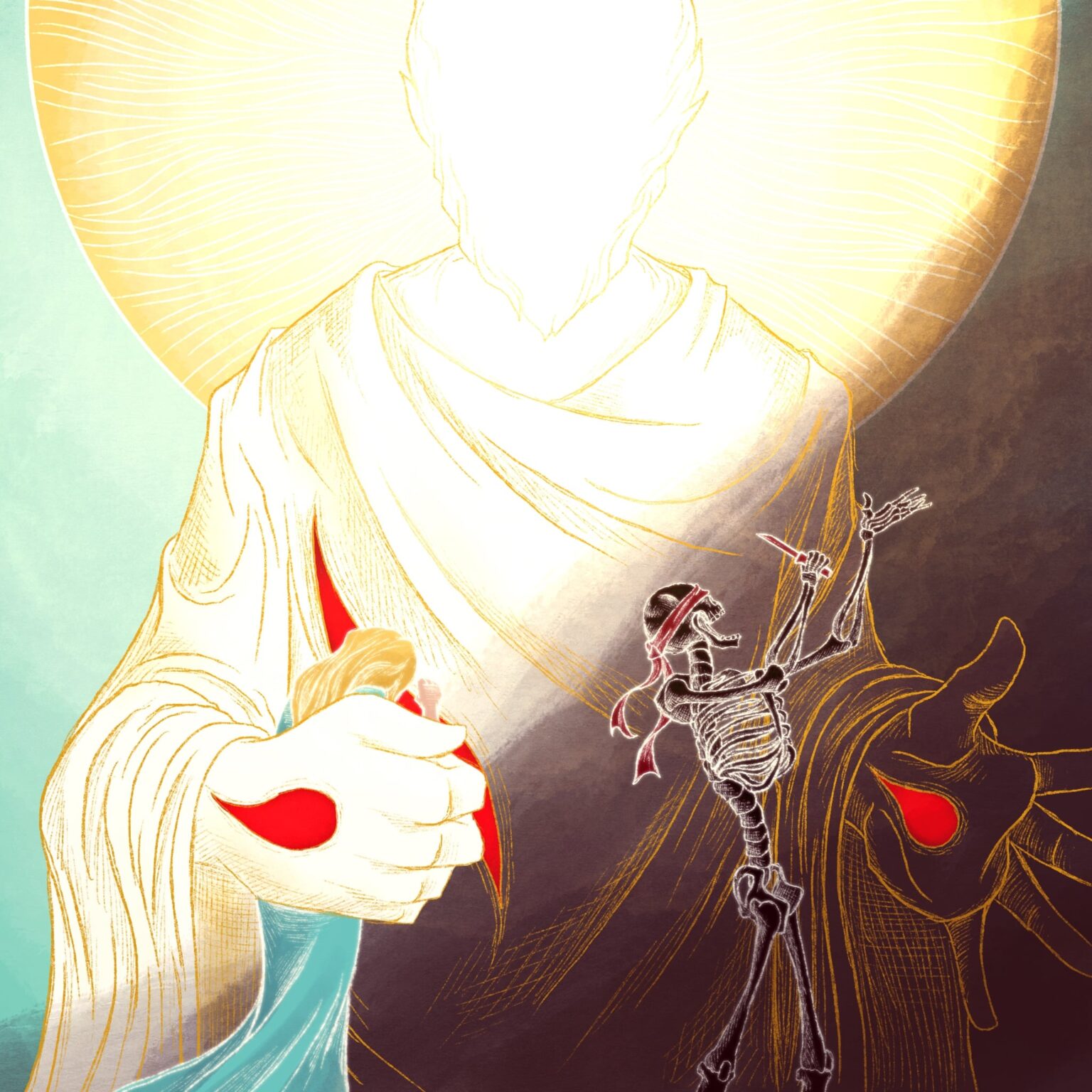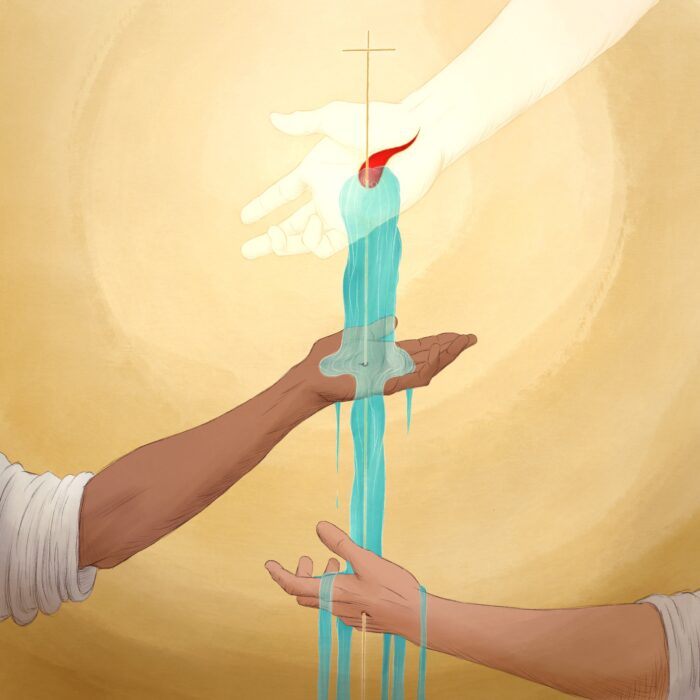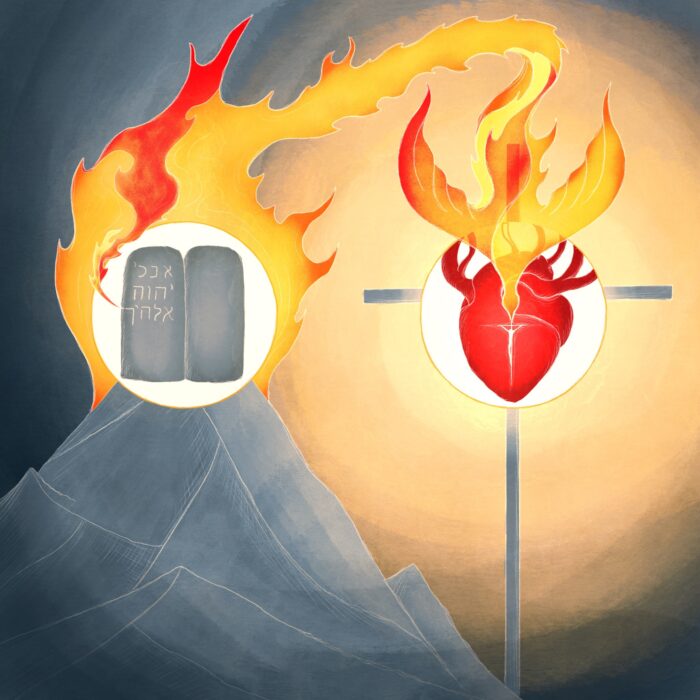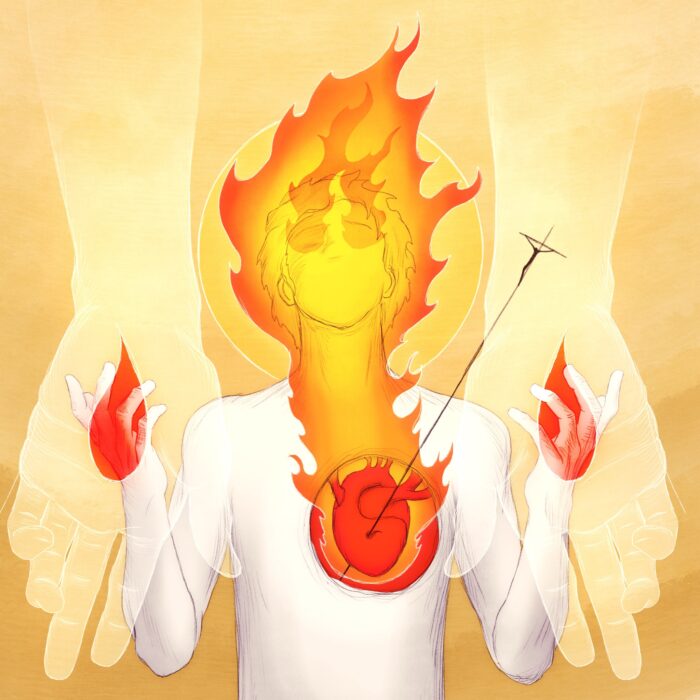2 Cor 7:10, “…godly grief produces a repentance that leads to salvation without regret, whereas worldly grief produces death.”
Short Thoughts:
In the midst of grief over our sin, may we not fold inward toward self-destruction, rather, may we turn outward and fall in blood-bought repentance on Him who bore all sin and grief and has overcome.
Longer Thoughts:
Godly grief flows from a recognition of wrongs done and issues in repentance. Worldly grief flows from a recognition of wrongs done and issues in a redoubled effort to fix things, or cover things up, or win things back, or make ourselves clean again, leading finally to destruction.
But how can godly grief produce repentance “without regret”? Especially if our own sin is involved? Isn’t the whole point of godly grief that we regret what we’ve done?
The no-regret idea does not have to do with the wrong committed but rather with the situation as a whole. In other words, godly grief leaves us sorrowful for our anti-Christ actions, but grateful for the situation as a whole because—in the Lord’s wise sovereignty—it has brought us closer to Christ in heart and life. We regret the bitterness of the bud, but would have it no other way because of the sweetness of the flower.
In this sense, then, godly grief is enabled by and follows the pattern of the crucifixion and resurrection. Godly grief is ENABLED by the cross because in his death Christ bore ALL our griefs perfectly (and also repented of them perfectly in our place, esp. in His baptism) and with His resurrection, He ensured that ALL that He bore (which is ALL that we sin and suffer) would end in joy and glory. All repentance stands on this work alone.
And godly grief follows the PATTERN of the cross because, just as the horror of the crucifixion is transfigured into the beauty of God and the gladness of His people in light of the resurrection (so that it remains a horrific event in itself but, in light of the whole, appears as supreme beauty), so too—through Christ’s death and resurrection—all the ugliness of our sin can be repented of and so (while still remaining ugly in itself) can be folded into the tapestry of God’s grace. Christian, we will look back over the story of our lives (and all of history) and—through the slain and risen Christ whose beauty illumines and so redeems every line—have no regret.
Friends, in the midst of grief over our sin, may we not fold inward toward self-destruction, rather, may we turn outward and fall in blood-bought repentance on Him who bore all sin and grief and has overcome.




